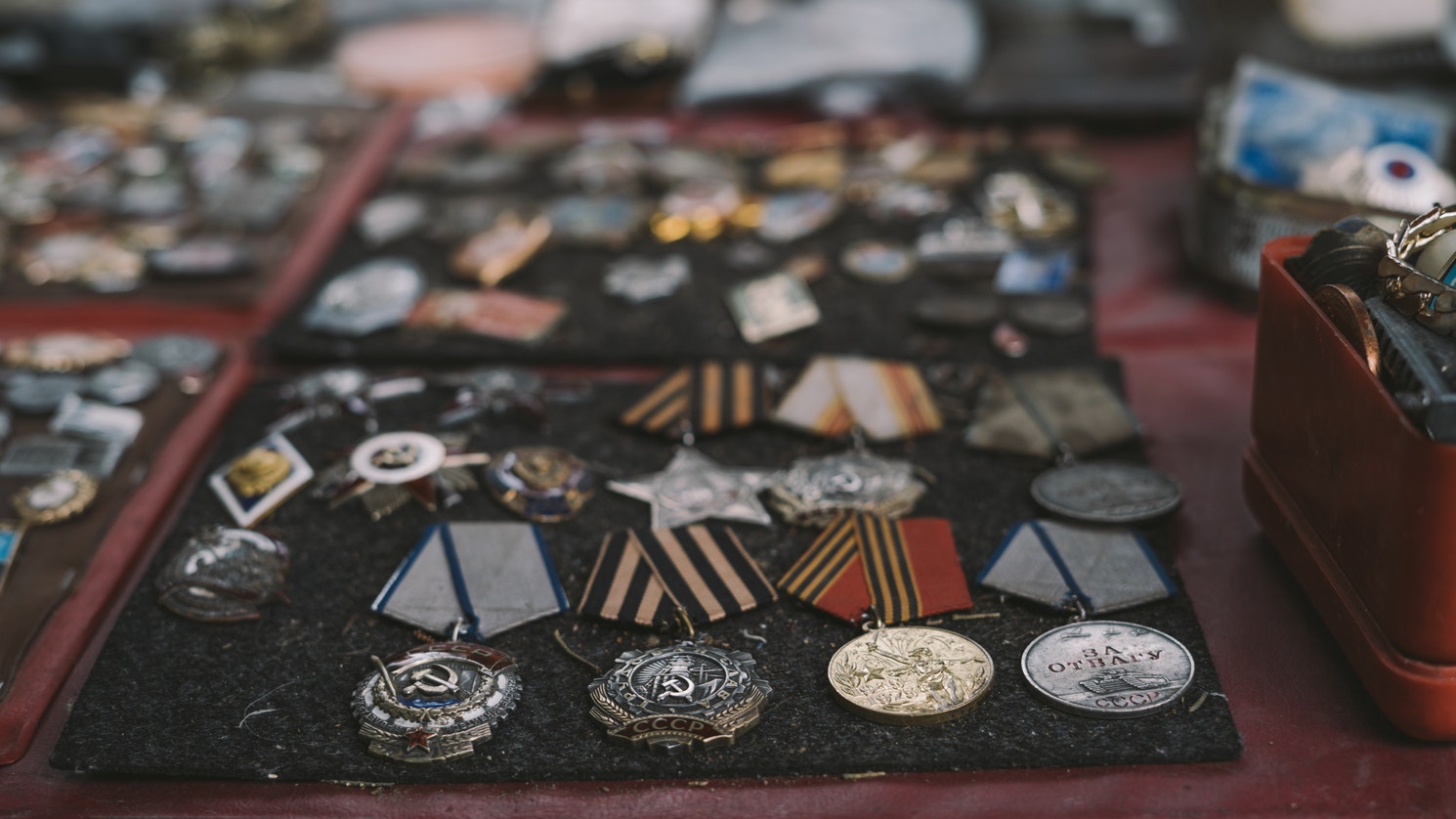The “Khrushchev Thaw” is the period from the early 1950s to the mid 1960s when restraint and restriction in the Soviet Union were reversed, and many Soviet political detainees were discharged from Gulag labor camps because of Nikita Khrushchev’s arrangements of de-Stalinization and tranquil coexistence with other countries.
The period of “thaw” did not last long. After colossal anti-communism uprisings in 1953 in the German Democratic Republic, in Poland in 1956 and after mask of the Hungarian uprising in 1956, social affair association of the USSR, scared of the possible liberalization of political organization, started element impenetrability to the methods of destalinization.
After Khrushchev came the trio of Leonid I. Brezhnev, Aleksey N. Kosygin, and N.V. Podgorny. Under Brezhnev, Russia ruled the USSR as at no other time. The brisk advancement of the compound, oil, and gas business undertakings helped tolls so that Russia earned most of the union’s hard-cash wage. The no-manual class grew in size, as did its ordinary pay, which drastically duplicated in two decades. Obligation regarding stock, for instance, coolers and automobiles, transformed into a useful yearning for a creating bit of the populace. During economic growth, the state started to lose its monopoly on informational control. A counterculture impacted by Western popular music, particularly rock, spread rapidly. The Russian youth got fascinated of Western pop stars, and the coming of the audiocassette made it simpler to experience their music. Before the end of the Brezhnev period, the Russian intellectuals has rejected Communist Party values. The best way the party found to deal with uncomfortable critics was to deport them beyond the Arctic Circle. It happened with Alexander Solzhenitsyn, Andrei Sakharov and with many other figures of culture and science.
The period after the “thaw” was very controversial because it was accompanied by economic growth, the USSR and the gradual loss of values among the population of the Communist standards that influenced the events of the next epoch and the collapse of the USSR.
